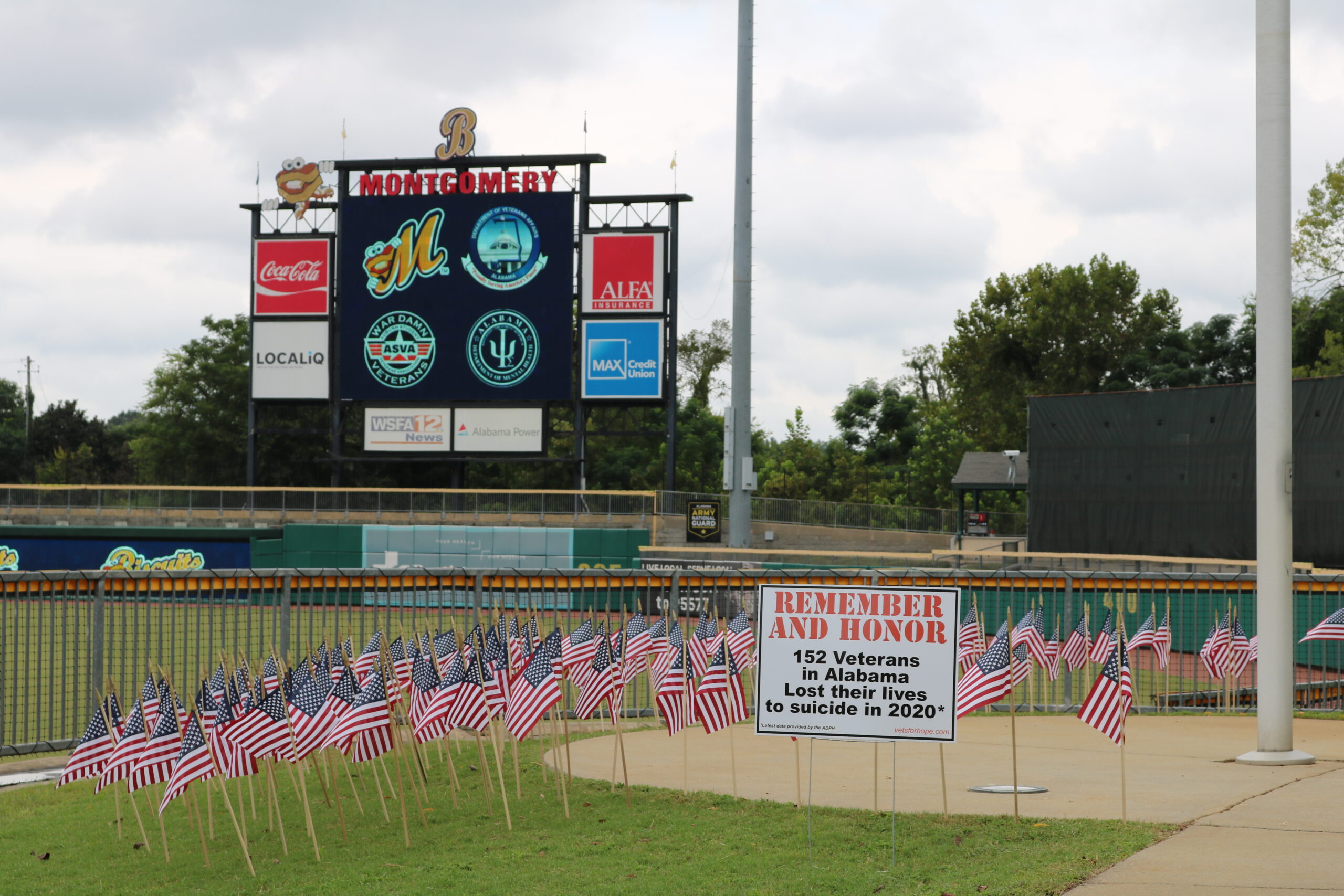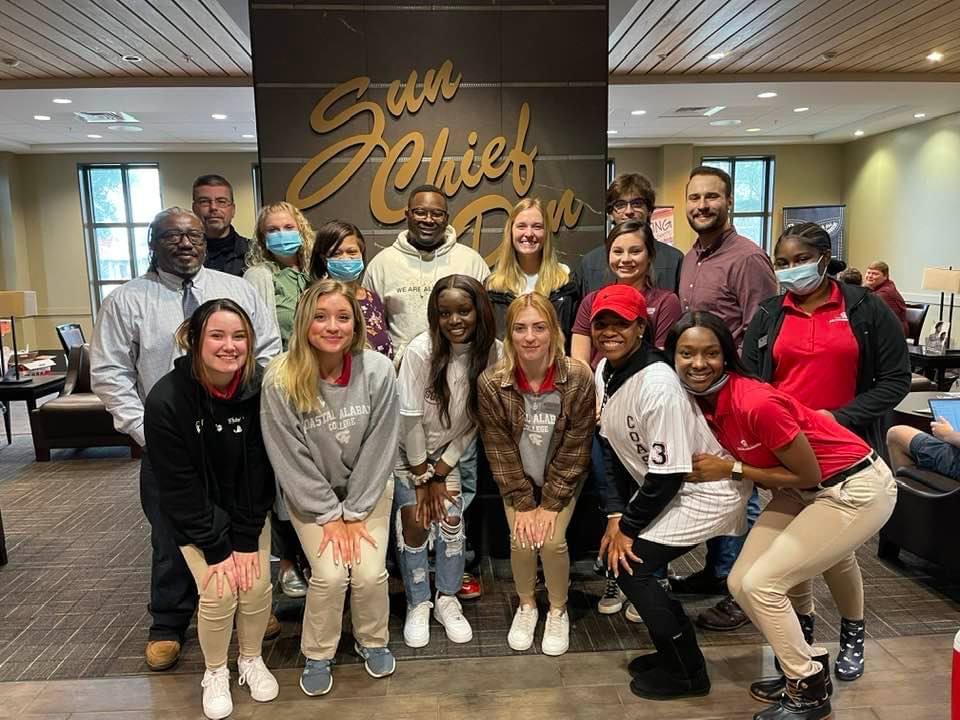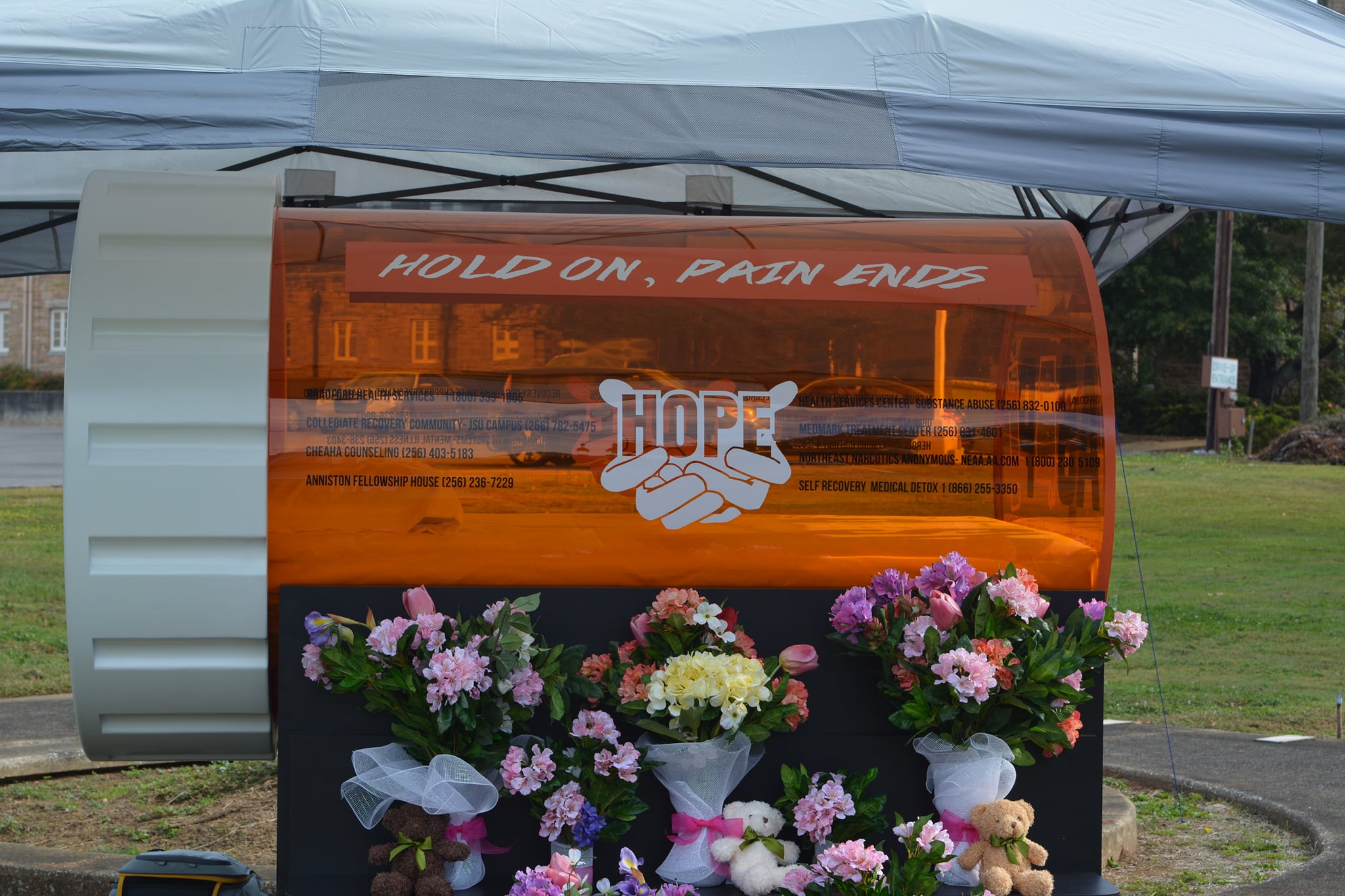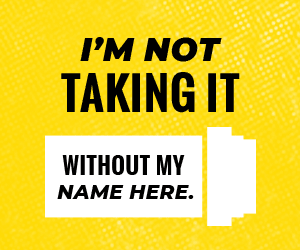988 Suicide & Crisis Lifeline
On July 16, 2022, 988 became the national three-digit phone number for all mental health, substance use, and suicide crises. 988 is more than just an easy-to-remember number—it’s a direct connection to compassionate and accessible care for anyone experiencing mental health-related distress – whether that is thoughts of suicide, mental health or substance use crisis, or any other kind of emotional distress, or for anyone worried about a loved one who may need crisis support. 988 calls are routed to the National Suicide Prevention Lifeline centers in each state, transitioning from the current Lifeline number, 1-800-273-8255. 988 is available to anyone in need, 24/7, and aid in diverting individuals away from crises by connecting them with specialists. Calls are answered by crisis counselors who are located here in the state. With the introduction of 988, we expect to see a decrease in suicides, arrests, emergency medical services, hospitalizations, and law enforcement interventions. Not only should 988 divert calls from traditional emergency dispatching services, but it will help de-escalate life-threatening situations by providing urgent assistance. 988 is the first step in Alabama’s Crisis System of Care that will increase access to critical care and life-saving resources.
Community College Initiative
Coastal Alabama Community College (CACC) Student Ambassadors and community partners designed and developed a podcast guide. The CACC student ambassadors were trained on the curriculum and were all trained in Youth Mental Health First Aid before the podcasts were recorded. The implemented web-based podcasts provide information regarding the opioid epidemic to enhance the existing mandatory opioid drug education component of the CACC-OR 101 Freshman Orientation course. The podcasts were created by the student Ambassadors of Coastal Alabama Community College and the podcast is titled “What if you knew?” Real-life lessons from those who have already learned them.
HBCU
A new HBCU Initiative expands substance use prevention information and resources to Alabama’s Historically Black Colleges and Universities (HBCU) (four-year) to address and meet the needs of the young adult minority population. Underserved and unserved populations receiving the necessary services are essential, and addressing health disparities and health equity is pivotal. Student Health Centers will be the focus of the work of the Office of Prevention, helping to build capacity and infrastructure with the colleges and universities and determining the most effective level of campus student population outreach. It is crucial to address social determinants of health in communities of color. By offering support and resources to our eight HBCU universities, the initiative will aid in substance use prevention efforts and expand the implementation of culturally relevant prevention strategies. This initiative will help assist the community as well as promote a system of planning to address the needs of the students.
H.O.P.E.
ADMH introduced the Overdose Data to Action (OD2A) initiative, a three-year Centers for Disease Control (CDC) funding opportunity. The grant will afford Alabama the opportunity to strengthen and expand its statewide opioid prevention efforts. The initiative offers enhanced opportunities with the Alabama Department of Public Health and activities will include deepening coalition networks and an inspired statewide media campaign – H.O.P.E.: Hold On, Pain Ends. The campaign will provide resources and information to prevent opioid misuse and overdose to those in need. In coordination with the Public Health department, the campaign will be able to identify and increase access to substance use treatment services in communities where drug addiction is common.
My Smart Dose
Every day in the United States, over 100 people die from a drug overdose. Medicine needed by one person can become poison when taken by another. Drugs you get from a doctor should always be taken as directed. They should never be shared. What’s prescribed for you is for you—your symptoms, your weight, and your family history. If you take pills that don’t have your name on the label, you’re taking a serious risk. Visit the My Smart Dose website to learn the five signs of prescription drug use, take a self-assessment, call the 24/7 Hotline at 1-844-307-1760 for support and resources, or search substance use provider listings by your location. The mission of the My Smart Dose initiative is to break the cycle of prescription drug use among young people through prevention, education, and awareness. My Smart Dose is a cooperative effort of the ADMH, and the Substance Abuse and Mental Health Services Administration (SAMHSA). This is a SAMHSA-funded grant.
Service Members, Veterans, and Their Families
Through a collaborative effort, the ADMH and the Alabama Department of Veterans Affairs (ADVA) promote and engage in suicide prevention efforts through Alabama’s Challenge, an initiative aimed to create an impactful, long-term outcome across the state as we continue fighting a stigma with substance use and mental illness. In 2022, Alabama’s Challenge launched a statewide campaign of holding a town hall and Veterans resources and job fair in various cities around the state. As a part of National Suicide Prevention Month, ADMH is proud to be a partner with the ADVA and colleges and universities around the state for a newly established Veteran’s suicide prevention awareness campaign. Operation: We Remember serves as a visual reminder that suicide knows no boundaries. Participating colleges and universities will display 152 American flags on their respective campuses during the month of September, which serves as National Suicide Prevention Awareness Month. This act is intended to honor and remember the 152 Veterans in Alabama who took their lives in 2020.





